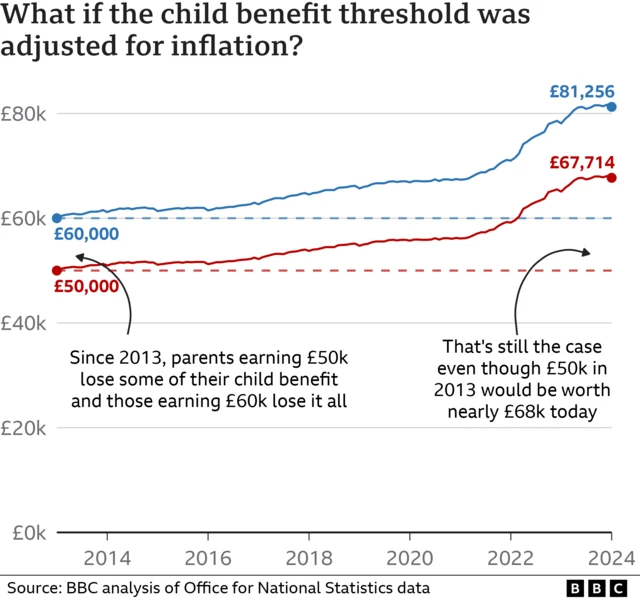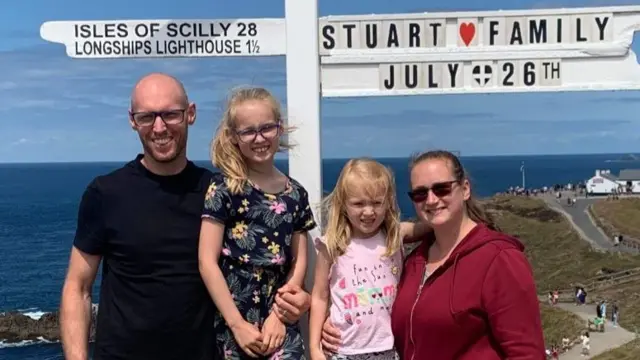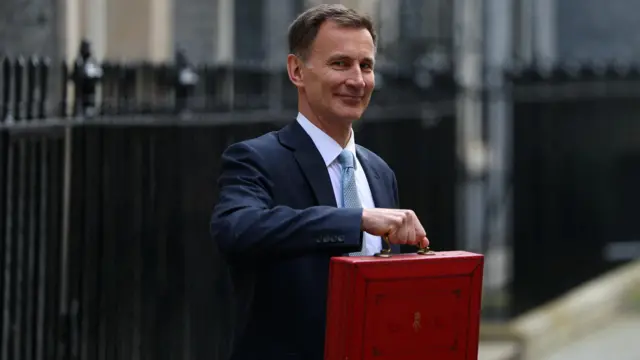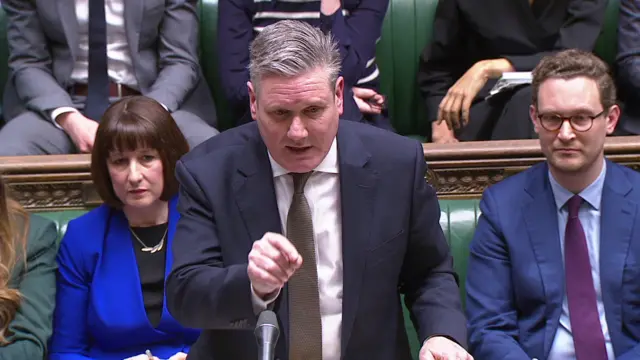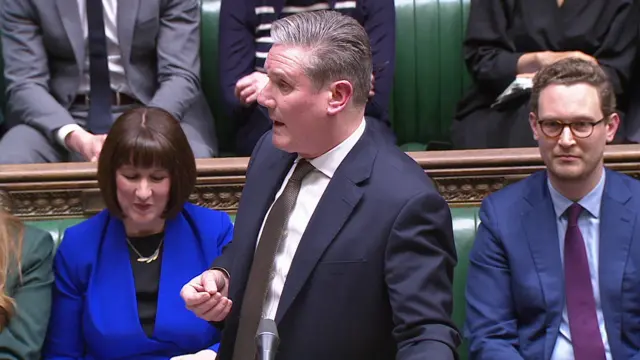New support for theatre and film 'game-changing'published at 16:04 GMT 6 March 2024
Yasmin Rufo
Culture reporter
Members of the theatre and film industry have called today’s budget announcement “game-changing”.
Hunt confirmed the tax relief for the theatre industry will not return to pre-pandemic rates and instead stay at 40% and 45% for productions on tour.
He also said the National Theatre would receive £26m of funding to upgrade its stages and infrastructure.
Similar positive measures for the film industry were announced. There is a new tax credit for independent UK films with a budget of less than £15m and eligible film studios in England will get a 40% relief on their gross business rates until 2034.
Lord Andrew Lloyd Webber described these announcements as "a lifeline for performing arts" which will "ensure Britain remains the global capital of creativity".
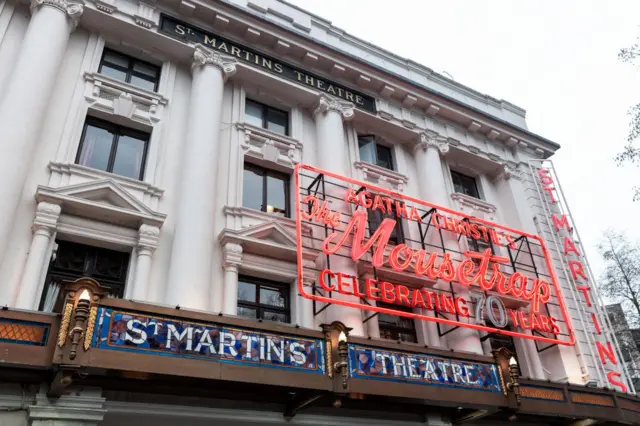 Image source, Getty Images
Image source, Getty Images


